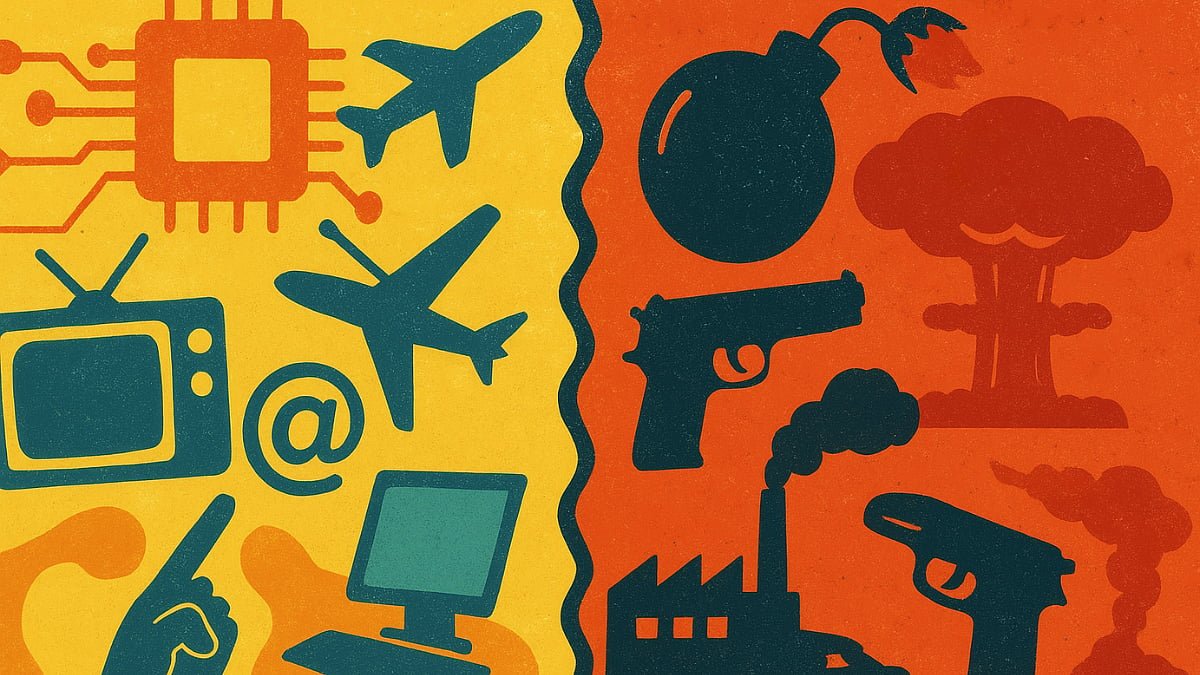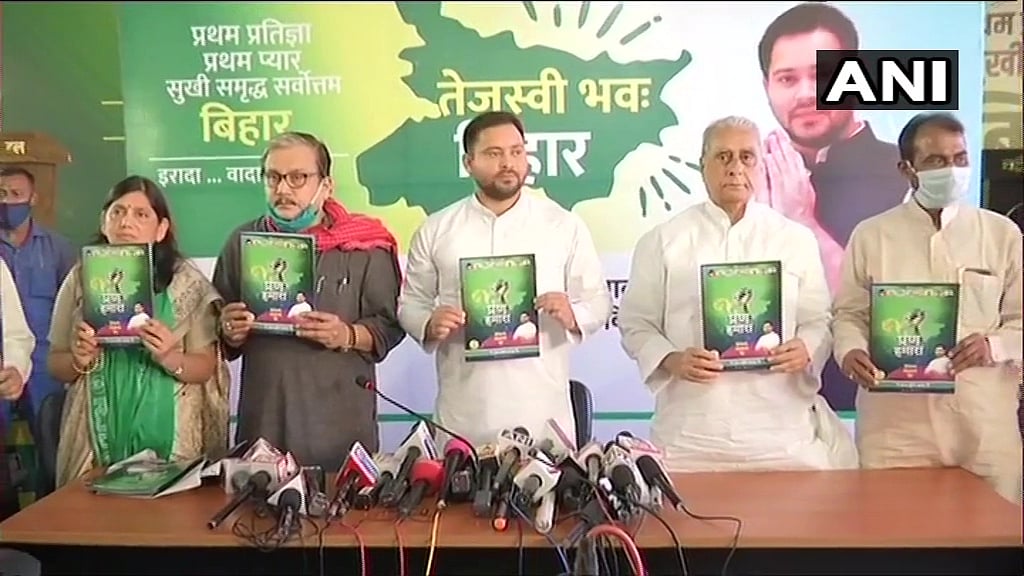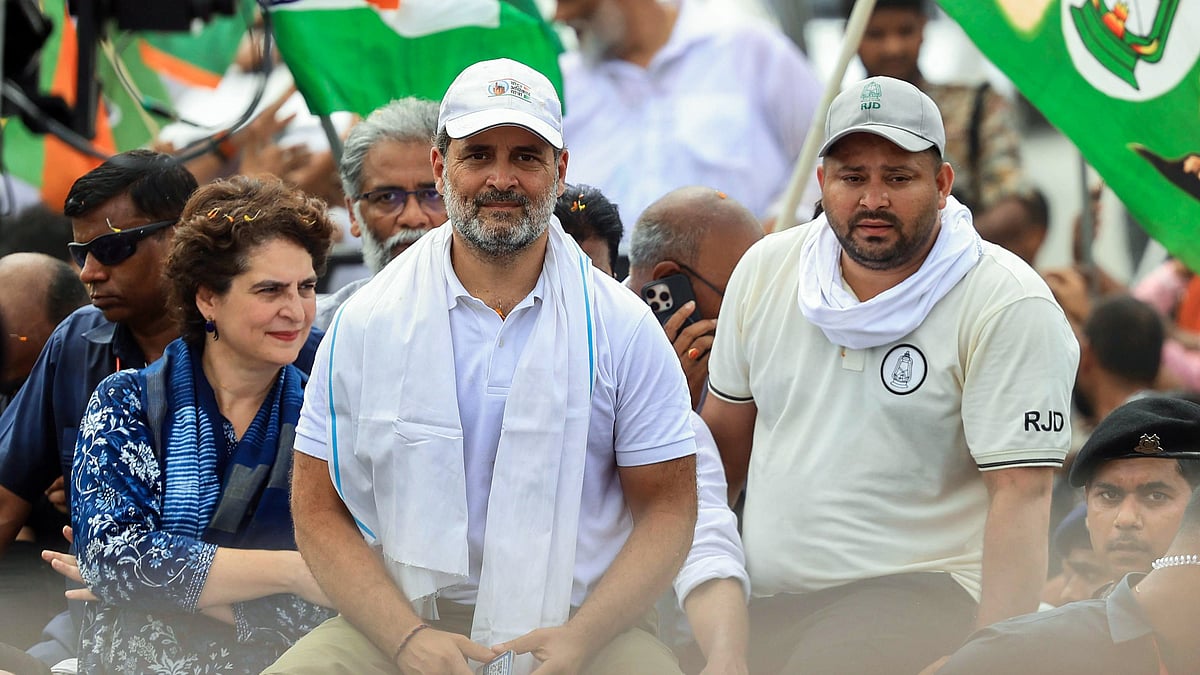On November 26, the World Health Organisation (WHO) designated a new variant of the SARS-CoV-2 virus, subsequently named Omicron, as a variant of concern. To quote the WHO, “Omicron has several mutations that may have an impact on how it behaves, for example, on how easily it spreads or the severity of illness it causes.”
WHO, in updates published on the WHO website, left more questions than answers, stating that research is ongoing and more details should be available in the days ahead about the effectiveness of current vaccines on this strain. Dr Angelique Coetzee, the South African doctor who first spotted the new variant, has in various media interviews, maintained that the patients so far have extremely mild symptoms.
The new variant was first identified in Botswana on November 11. However, since the reports of the new variant, it has already spread in various parts of the world. Reportedly, the Omicron variant has now been identified in Australia, Austria, Belgium,
Botswana, Canada, the Czech Republic, Denmark, Germany, Hong Kong, Israel, Italy, Japan, the Netherlands, Portugal, the Reunion Island (French territory), South Africa, Spain, Sweden and the United Kingdom.
World grounded again with Omicron's appearance
Information about the new variant surfaced just when after a long grounding, the world had started to open up. While the WHO did not suggest any travel restrictions be imposed, the United States, Canada, the United Kingdom and European Union were some of the countries/blocs that imposed new requirements or restrictions for arrivals from south African nations, including Botswana, Eswatini, Lesotho, Malawi, Mozambique, Namibia, South Africa and Zimbabwe. Other countries such as Israel and Japan have gone one step further to stop almost all foreigners from arriving on their soil.
Do travel bans help?
As we have adequately seen over the past 18 months or so, travel bans don’t help. Most countries failed to bar the virus from entering their frontiers since information about any variant being discovered always comes around with a lag, rather than ahead of time. This means no one is prepared for them when the first cases are beginning to circulate around the globe. The International Air Transport Association (IATA) has warned against travel bans, stressing that restrictions are "not a long-term solution" when it comes to managing coronavirus variants.
While India has taken a more measured approach at this point in time, it is almost bound to create inconvenience and affect travel yet again. November 26 was also the day when India announced that they will allow commercial flight operations to resume effective December 15, 2021, after a long 20-month hiatus. Over the weekend, the stance shifted, and the Government of India indicated that the resumption of international commercial operations would be “reviewed.” We still don’t know if this means there will be a postponement of flights resumption or not.
The Ministry of Health and Family Welfare has required that all in-bound travellers from southern African countries (such as Botswana, Zimbabwe and South Africa) Europe, Singapore, Hong Kong, Brazil, Bangladesh, China, Mauritius, New Zealand and Israel will be subject to an on-arrival RT-PCR test at the first port of entry, effective December 1. To add to this, the Government of India requires a 2 percent random sample of passengers on each international flight arriving in India to be tested, with the job of picking these passengers handed over to the airline.
However, what is bound to create chaos is the requirement that passengers cannot leave the airport before their report is received. This means that there will be a perpetual crowd build-up at major airports in the coming weeks, and passengers will be required to wait at the airport for about 4-6 hours before they can catch a connection or exit the airport.
Airports could be hotspots for virus transmission
With the fading mask discipline, this could mean the airports themselves could be hotspots for transmission. For instance, on December 1, there are scores of wide body aircraft scheduled to arrive at Delhi Airport in the wee hours (KLM from Amsterdam and Air India, British Airways and Virgin Atlantic from London, apart from Qatar Airways and Emirates who could be carrying passengers from Brazil and Europe, apart from their own countries into India).
Another 20 flights will also arrive, where five percent of the passengers will need to be randomly tested. That means about 1,500 passengers should be in a holding area in the Delhi Airport in the first six hours of the restrictions coming into effect.
These requirements themselves, then, are creating doubts in the minds of passengers who intended to travel abroad, as a rapid change in circumstances could happen whenever they are on their way back.
Will Omicron affect domestic travel, too?
At the moment, it does not look as if it will. Domestic air travel is hitting new highs every day, with capacity returning to almost 90 percent in terms of flights operated pre-pandemic at the end of November 2021, and passengers travelling at an all-time high.
There is no reason to panic at the moment, given not much is known about the new variant of the virus. A swifter test and trace methodology needs to be implemented. But hopefully, another travel ban won’t be implemented. Because as the past teaches us, they have been ineffective in controlling the spread of the virus in its many variant forms.
(Ajay Awtaney writes about Indian Aviation on livefromalounge.com and tweets from @LiveFromALounge)









